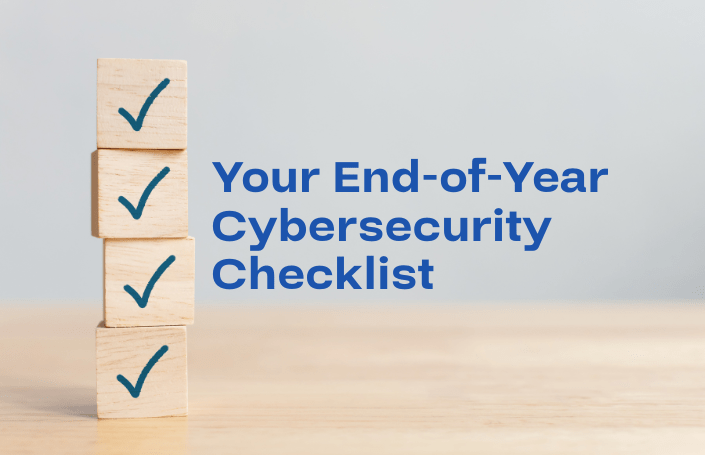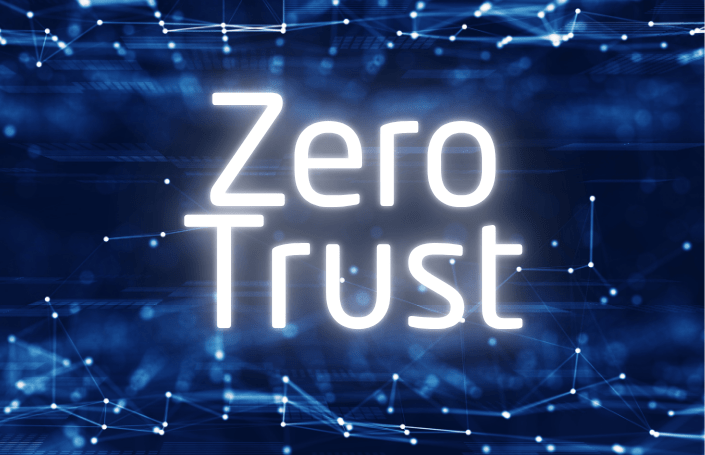How to Protect Your Company from Business Identity Theft

Business Identity Theft is on the Rise
Everyone knows how important it is to protect your personal information from identity theft. When personal data like social security numbers, bank account information, and other sensitive information fall into the wrong hands, the results can be disastrous. Many people take the proper precautions to protect their personal identity. But are you taking the same precautions to protect yourself from business identity theft? According to a report by the National Cybersecurity Society, the IRS logged 10,000 business identity theft cases in the first half of 2017, more than double all claims in 2016. Although 10,000 cases may not seem like a large number, identity thieves caused $137 million in damages.How can you protect your business from identity theft? Let's take a look at why businesses are targeted, the different types of business identity theft, and some tips to protect your business.
Why Small Businesses are Targeted for Identity Theft
Businesses are easy targets for identity theft for several reasons, most notably because there is a wealth of information available rather easily to thieves. Many businesses are required to publish sensitive company details and business records like financial statements, employer identification numbers (EIN), or sales tax numbers. This readily available data makes it easy for a thief to steal a business's identity.
Higher Payout
Identity thieves try to gain access to business data with one goal in mind - financial gain. Businesses have larger bank accounts, assets, and credit limits than individual consumers. Once thieves have access to this information, they can start to steal money while staying below the radar.
Less Chance of Being Caught
Businesses tend to utilize credit cards at a higher rate than personal consumers. This increased activity can make it harder to spot a fraudulent transaction. For example, if there is a $1,000+ charge on your personal credit card, chances are your bank will flag the transaction. That same charge on a business account may go unnoticed.
Less Security
Unfortunately, small businesses may not have the same level of cybersecurity in place than larger businesses and corporations. Identity thieves take advantage of this security gap to target small businesses.Has your company been a victim of identity theft? You can reduce your risk by implementing cybersecurity best practices at your company. A managed IT services provider like Everound can help you protect your business identity.
Four Types of Business Identity Theft
Business identity theft can take different forms and can be more complex than personal identity theft. The National Cybersecurity Society had identified four main types of business identity theft:
- Financial Fraud: Financial fraud occurs when a thief steals credit card information, opens a new line of credit, obtains a loan, or uses a stolen EIN, among others.
- Tax Fraud: This type of identity theft occurs when a thief steals business data and files a fraudulent tax return to receive a tax refund from the federal or state government.
- Website Defacement: This type of business identity theft is specific to companies that collect customer data on their website. In this scenario, a cybercriminal redirects traffic from a business's website to a fake site in an attempt to steal customer data.
- Trademark Ransom: Trademark ransom is when an identity thief registers the name or logo of an existing business and then demands a ransom to release them from the trademark.
Tips to Protect Business Identity
Even though business identity theft is on the rise, the good news is there are steps a business owner can take to reduce their risk. Whether you own a small business with a few employees or a large corporation with multiple locations, it's good practice to regularly check your credit with a credit reporting agency or even invest in identity theft protection.Here are some other tips to help protect your business from identity theft:
- Use - and Protect - an EIN: If your small business operates as a sole proprietorship, you may be using your Social Security Number (SSN) for tax purposes. This puts you as the owner at risk. Apply for an EIN number through the IRS. This will help you keep business and personal finances separate. If you are already using an EIN, treat your EIN just like you do your SSN. Keep it safe and only disclose it when necessary.
- Secure Both Digital and Hard File Copy Files: Your business files contain sensitive information - do you want that to end up in the hands of thieves? Keep sensitive documents in locked file cabinets and for digital files, make sure your network is safe from cybercrime.
- Train Team Members: The number one threat to your organization's cybersecurity is your team. Educate your employees on the risks of phishing and how to spot a phishing attempt.
- Secure Website: If you do any business through your website, be sure it is secure. Back up the site regularly, scan it for malware and viruses, protect it with a firewall, and invest in an SSL certificate.
- Stay on Top of Security Updates: It’s a big risk to ignore computer system updates. Software companies often issue updates to address cyber threats. Your IT department or your managed IT services provider should be doing this regularly.
Cybersecurity Services from Everound
Unsure if your business is at risk for identity theft? Having a cybersecurity partner on your team can help alleviate your concern and also reduce your chances of identity theft. At Everound, we work with businesses of all sizes to protect them from cybercrime.Our team has decades of experience in cybersecurity best practices for businesses. Reach out today to start the process with a free cybersecurity assessment. Our assessment will identify any areas of vulnerability for identity theft as well as areas of strength. Let us focus on your IT so you can focus on your business.



